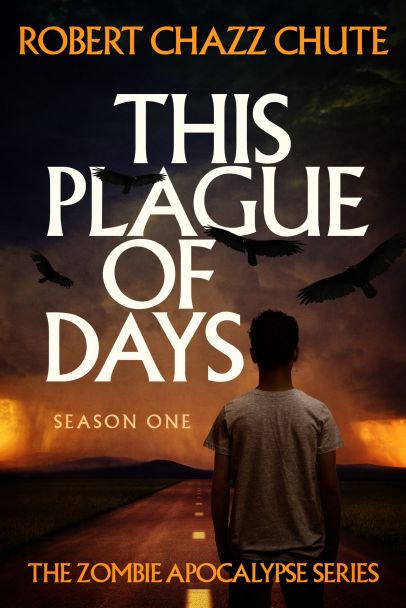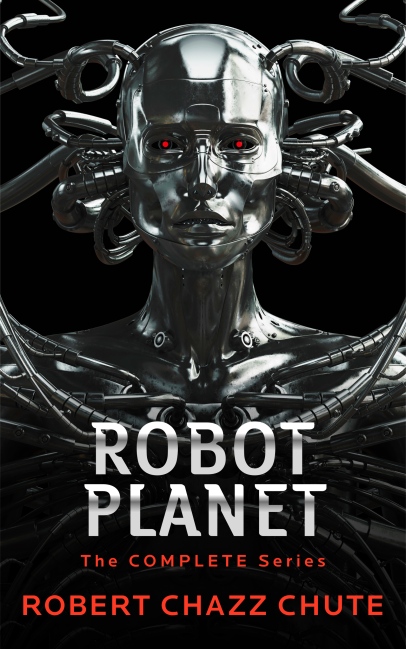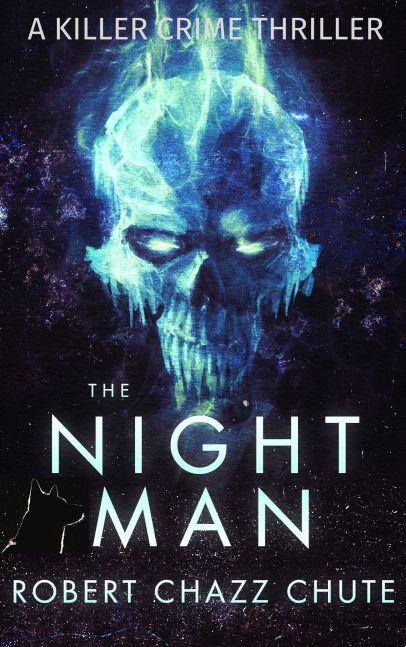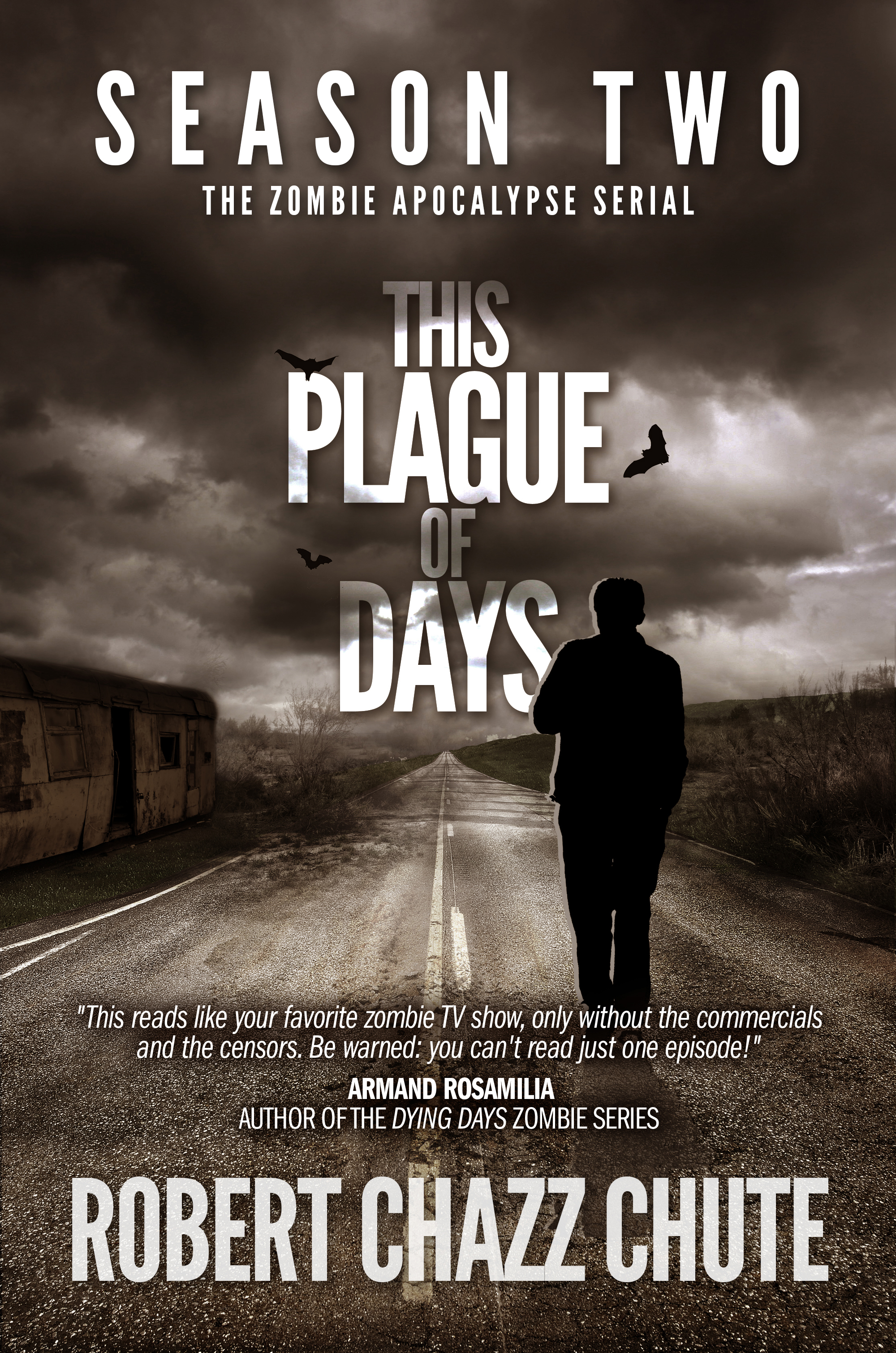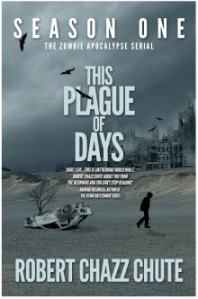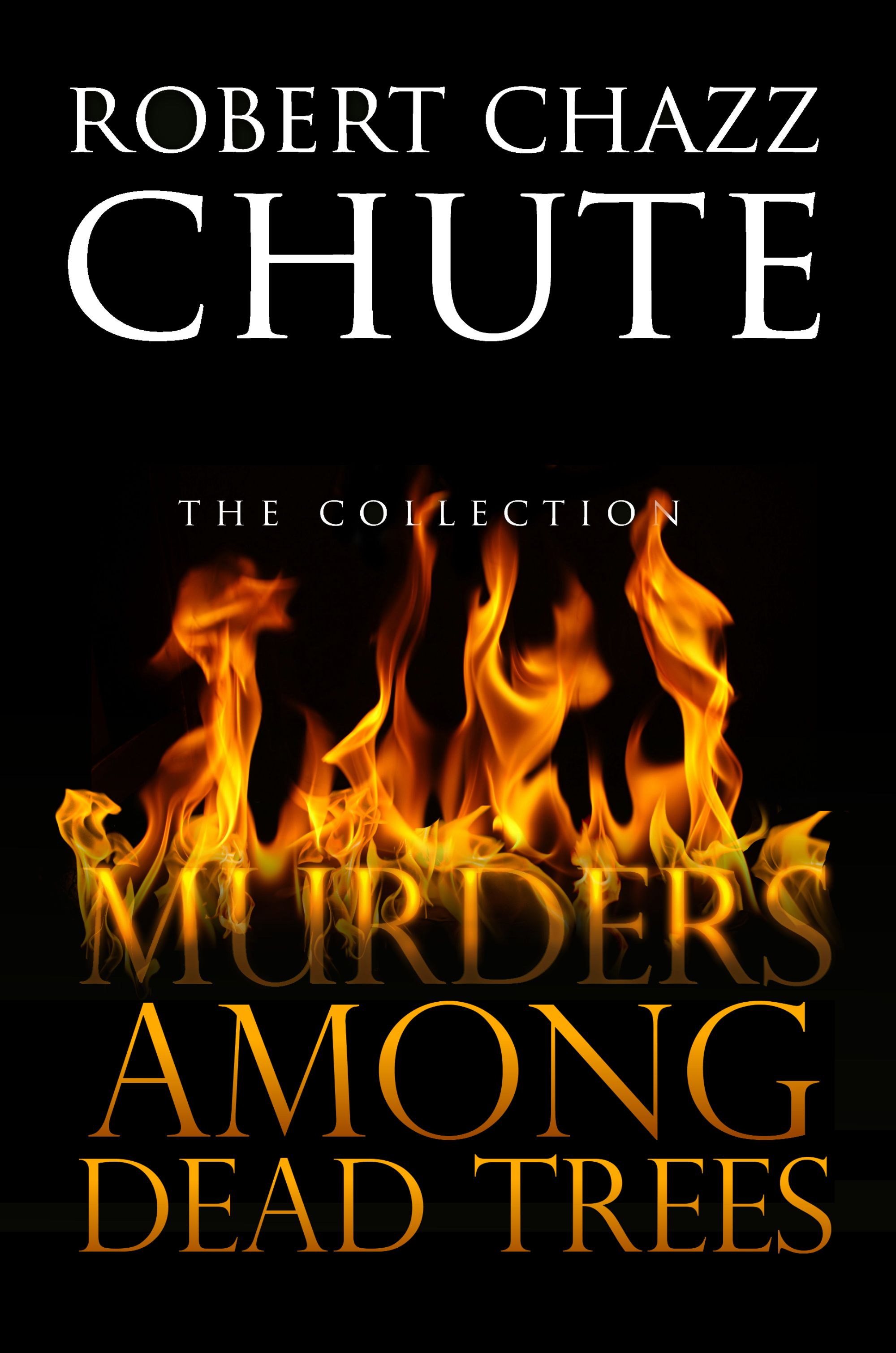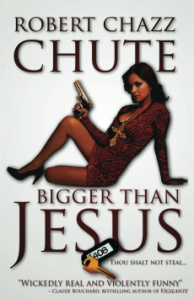I watched Stone Reader, the documentary about The Stones of Summer, a forgotten novel by Dow Mossman. At the heart of movie are obsessive readers wondering why some writers give up after penning one book. This is not a comprehensive list, but here are seventeen reasons:
1. Failure.
Several critics thought The Stones of Summer, in its language and story choices, was an excellent novel. Commercially, it was a flop. A graduate of the famed Iowa workshop, Mossman was considered a genius by his peers. Genius frequently goes unrecognized for a host of reasons beyond our control.
This point might not just be about the author feeling discouraged. When a publisher’s gamble on a first novel goes bust, it becomes more difficult for the debut author to get a second chance even if the writer is still willing.
2. A lack of anything more to say (AKA writer’s block).
As an agent in the film pointed out, if an author mines their childhood experiences and puts it all on the page, sometimes they find that in exorcising their demons, the creative tank empties.
Counterpoint: I forget which writer said something to the effect that by the time we graduate high school, we’ve got enough trauma to write about for the rest of our lives.
3. Fear of compounding one failure with another.
In a way, there’s less pressure on your first book. You’re just happy to be invited to the party. With the second book, you have to earn your right to stay inside while it’s raining. If the first book didn’t soar up the charts, some will already have written you off. If the second book fails, they’ll bury you.
Counterpoint: People forget (I did) that Kurt Vonnegut’s early work went out of print before Slaughterhouse-Five hit. Then he could do no wrong and Player Piano et al was back on the shelves everywhere.
4. Fear of trying to follow up a hit (and failing).
The success of Harper Lee’s To Kill a Mockingbird paralyzed her. Unable to imagine that she could top her masterpiece, she didn’t publish. Much later, under complicated and suspicious circumstances, her anxiety proved justified when Go Set a Watchman was finally published to decidedly mixed reviews.
5. Life gets in the way.
Shit happens. For instance, while the pandemic got some people writing, it sent others into a creative funk. Some writers end up taking care of others so much, their literary aspirations lose energy or have to be set aside.
6. Death gets in the way.
Writers die like everyone else. (Did you know this? I looked it up, It’s true!)
Suggestion: Decide now what’s going to happen to your trunk novels and the ongoing royalties from your literary assets. Emily Dickinson did not tell her sister Lavinia to burn all her poems, only her correspondence. If you want something burnt, do it now. And clear your search history, for the love of all that’s holy.
7. The first book was a last step, not a first.
Not everybody aspires to write a series and retire to a beach in Tahiti. They just want to write one book and retire to a beach in Tahiti. Odds are against that working, but there’s nothing wrong with feeling that way. Maybe their aspirations are more modest and they just want to do one and done. Nothing wrong with that, either. A novel is supposed to be an entertaining joy, not a chore, remember?
Does everyone have a book in them? No. If they do, it’s just one book, not plural and often bad, that may take years to write.
People who write a lot might not understand that there are plenty of other things to do with our time. I know! I don’t get it, either! And yet, some people are out there camping and other such bullshit best left to our long and miserable history of hunting and foraging to survive.
8. Lack of love.
If you don’t get enough love for your first book, you’ve got less fuel to spur you on to write the next. “I loved you book! When’s the next one coming out?” That endorphin hit is writing fuel. Or, you could have this common experience:
“Did you read my novel yet?” (Hint: Authors, never ask this question.)
(Weak smile) “I haven’t got around to it yet.”
Indifference squeezes the heart.
9. Lack of hate.
People underestimate the potential of spite. Some writers begin their artistic life with the help of a cherished mentor who fosters their creativity. A few get a boost from proving their detractors wrong. Others write a book of fiction to correct a wrong in real life. I think George Orwell is an example of this. The difference is that he had enough hate and passion to keep writing long after one book.
10. Lack of focus.
Writing a book takes time and energy and is not for the impatient. If you’re not getting enough reviews, money, and attention to your first book, it’s reasonable to question whether a second book is worth the investment. Life is short when it’s going well. If not, life can be long and torturous.
11. Lack of persistence.
Similar to point #10, but this goes deeper. Some people take so long to write a book that it takes too long. Their energy wanes as their eyesight dims. What might have been a sprint has become a marathon. The world is full of sprinters. Marathoners are another breed and they built not everyone for that length of race.
A few writers insist it takes years to write a good book. Let’s tackle that horseshit right quick, shall we?:
(A) Plenty of writers who prove this bias incorrect. Look at any bookshelf and evidence abounds.
(B) Everyone has their own pace (and that pace can change). Fast writers don’t scold slow writers, but I often see slow writers making assumptions about fast writers. Stop it.
(C) Talent is great, but if it’s not married with Ass in Chair, Hands of Keyboard, you’re done.
(D) It takes very few writers years to write a book. (I’ll give you William Styron, maybe, when he wasn’t struggling with depression.) For most mortal writers, it didn’t actually take you years to write that book. The actual writing took months. The staring out the window part, the Netflix part, the goofing around part? That’s the speed bump. The non-writing part of writing is what took years.
Cool? Cool.
12. Lack of need.
A bunch of us are writers because of some hazy genetic pathology that makes us incapable of doing much else. It’s a compulsion. If you don’t have it, you can write one book, get it out of your system, and then go forth and enjoy life. Full-time work as a writer can feel always having homework that never ends. Rejoice one-hit wonders and one-hit blunders! You’re free!
13. Lack of options.
I had a previous career where I excelled at a specialty. That career is finished. I’m 57 and my arthritic hip is killing me. If I want money, I have to write or take the odd book doctoring job. I still get emails from Glassdoor suggesting I’d be a perfect fit for this company or that, but in my heart I know writing is my thing and it’s my only thing. I need to do this because I can do naught else. To quote Spider-Man, “This is my blessing. This is my curse.“
14. Writing and publishing weren’t what the author expected.
When I moved to Toronto to work in publishing, I had romantic ideas of what that environment entailed. I pictured fun book launches and cocktail parties full of interesting and witty people trading bon mots. When I look back on that time, I don’t remember a lot of witticisms. I remember a few rude bookstore owners, the silly office politics, the dummies, the people who cheated me, and the mean and bitter publisher who I am very glad to report is dead.
Lots of us dive in thinking the water is warm and deep. Instead, sometimes we find it’s cold, shallow, and really no different from any other profession or industry.
15. The fools thought writing meant easy money.
You’ve published your first book. Bills are coming in, royalty checks aren’t. WTF? I will not expand on this point because every writer knows the dread of opening a credit card bill no matter where they fall on the slip ‘n slide of success. (No, it’s not a ladder. Ladders are more stable.)
16. They thought the world wouldn’t care.
You’ve written a book that mines your past and battles your demons. You’ve disguised your real-life enemies and slew them in clever ways. The real-life villains have no idea you’ve skewered them with pitchforks and rusty salad spoons, but your mom is convinced it’s all about her. There’s screaming at the next family gathering and the emotional toll is too high. Mom and Dad dreamed you’d be a cardio-thoracic surgeon, for God’s sake! “And there you sit, trying to sell your little stories?”
Lesson learned: Write your serial killer porn under a pseudonym or don’t write again because it’s not worth getting cut out of the will.
17. Lack of support.
We’re often told that there has never been a better time to be a writer. In many ways, that’s true. However, it’s still a privilege. The barrier to entry is low, there’s no inventory, and no gatekeepers anymore, but the cost is not nothing. You need time. You need at least some money to buy groceries while you write. You need to live indoors while you peck away at the keyboard.
It is often said that we all have the same 24 hours in a day. I used to buy that, but it’s not true. If you’ve got young kids, you know that’s not so. We don’t all have the same amount of energy and resources to engage with those 24 hours. Through my nights of insomnia, I know the next day will not be a productive one.
Consider that most writers are also independent publishers now. Editing costs. Graphic artists cost. Web pages cost. Advertising and marketing costs. Yes, there are some workarounds to your outsourcing woes, but if you’re not spending more money, you’re burning more time and dealing with more stress.
Given all this, it’s little wonder a lot of writers end up stopping after one book.
In Dow Mossman’s case, he said that after the lack of commercial success of The Stones of Summer, he became introverted. Putting yourself out there does require some hubris, even if you’re not an extrovert. I get it. After the documentary came out in 2002 and fresh attention was paid, The Stones of Summer got a second life and was reprinted. Dow Mossman has not written another novel.
Filed under: publishing, the writing life, dow mossman, novel writing, Robert Chazz Chute, Stone Reader, The Stones of Summer, writing, writing advice, writing fast versus writing slow







